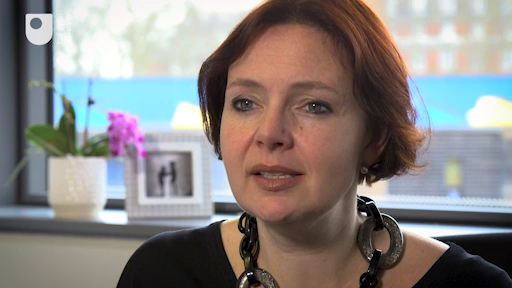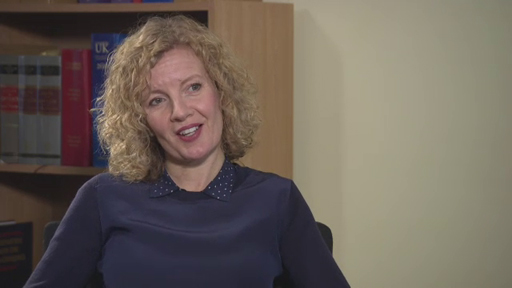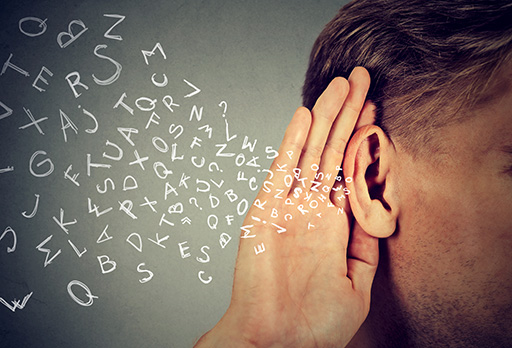6 Active listening: more than just paying attention
It is all very well asking powerful questions, but you also need to actively listen to the responses. Active listening is far more than just paying attention.
In Video 7 you’ll see psychologist Dr Julia Yates explain why listening is the most important coaching skill of all.

Transcript: Video 7
In this section and the next, you will explore active listening through several examples – first, you will investigate an example of poor active listening and then an example of excellent listening in action.
Activity 7 What makes someone a poor listener?
Watch this example of a listener who is working in a career-mentoring role. Pay attention to what it is that characterises him as being so poor at listening. Consider his listening behaviour in the context of these terms: ‘self’, ‘interpretation’ and ‘opinion’.
Then think about your own experiences of when you have not been listened to properly: what goes through your mind in such instances?

Transcript: Video 8
Discussion
The listener who is working in a career-mentoring role refers to his own agenda and gives the impression the conversation is partly about his own ego. He also offers interpretation of what the other person is saying and promptly offers his own opinion in a way that has little regard for person-centred (humanist) mentoring and the feelings of the other person.
The thoughts and feelings you might experience when you are not being listened to properly could include:
- frustration
- a dent in your confidence
- a decrease in any respect you hold for the other person
- perhaps a need to re-state any ideas you were expressing.
An alternative approach, as in this video, is to maintain a polite silence.
You will see a better experience of the same scenario with a more self-aware coach in the next section.

